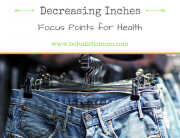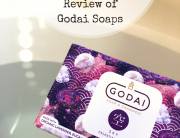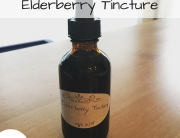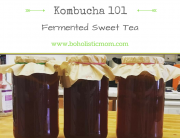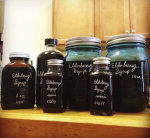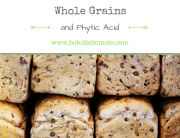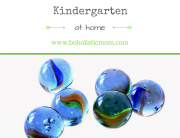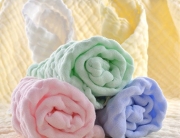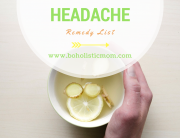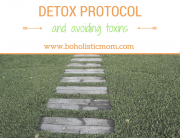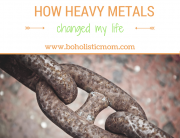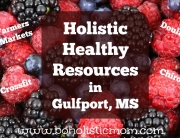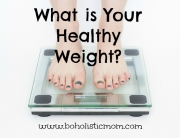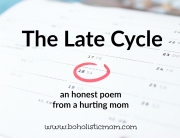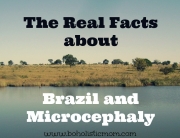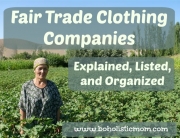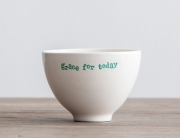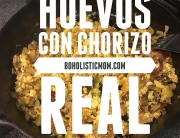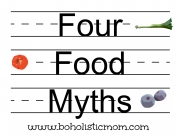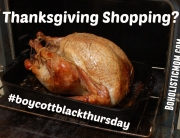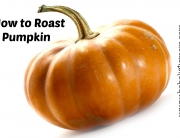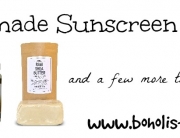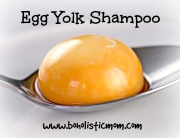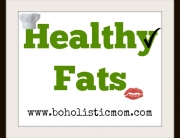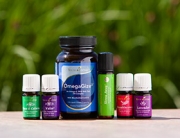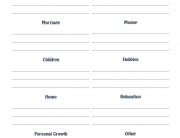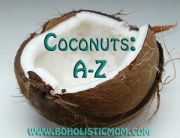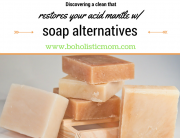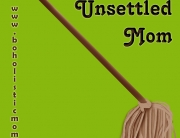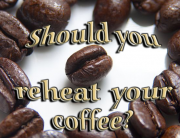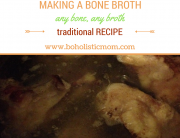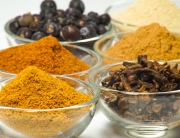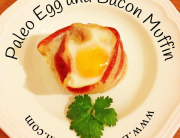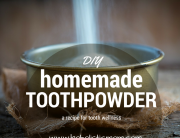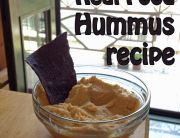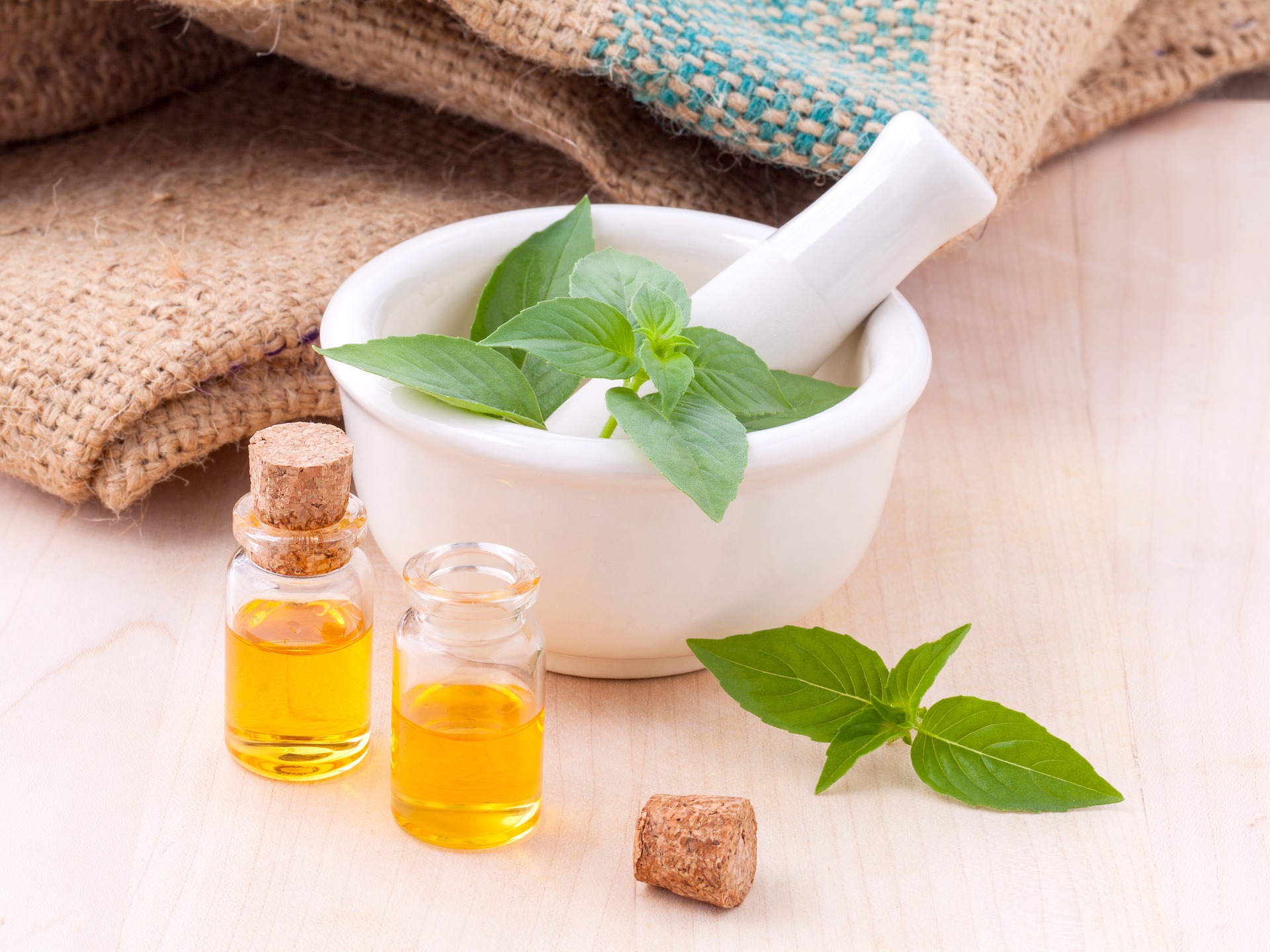After answering this question in a comment over on my soap alternatives post –> here, I realized that the topic of baking soda abrasivity deserved a post of its own. I have heard so many times that baking soda is abrasive and will cause damage to our tooth enamel. However, have we ever seen proof of this tooth enamel damage? Where are they getting this information about baking soda? The truth about baking soda will surprise you.
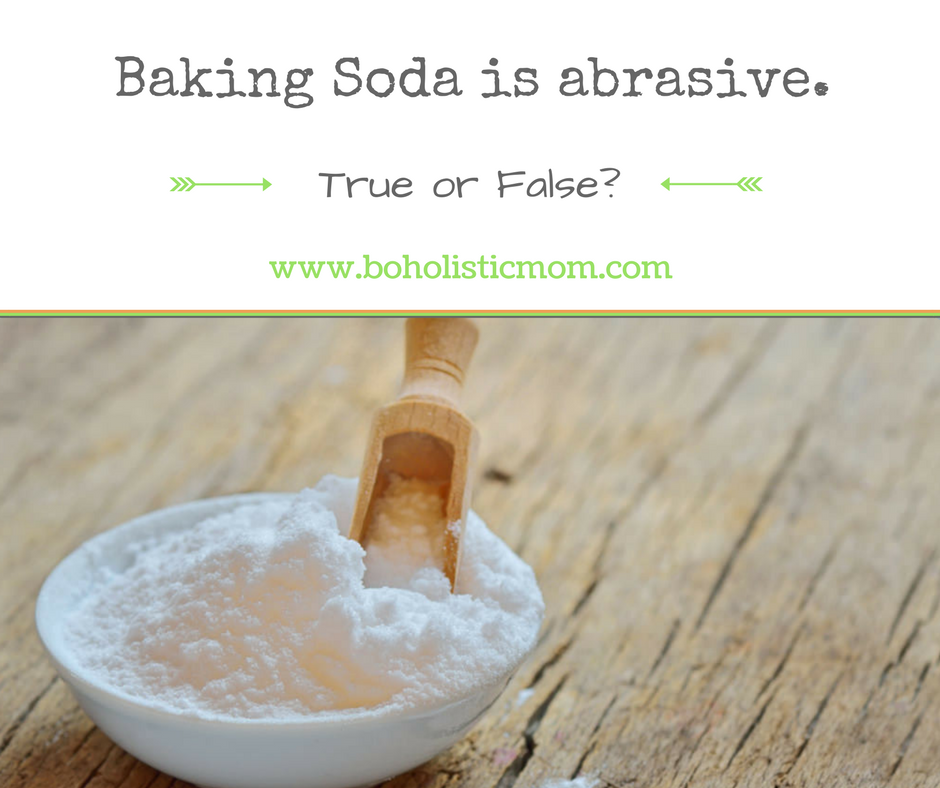
Photo Credit: aquamech-utah
Baking Soda is Abrasive – True or False?
Tooth enamel ranks 5 on Mohs hardness scale, dentin ranks at 2.5 Mohs, and baking soda ranks at 2.5 Mohs.1 In comparison, diamonds are a 10. Please, don’t brush your teeth with diamonds. In regards to hardness, baking soda is softer than our tooth enamel.
When testing toothpaste abrasivity, researchers use RDA (relative dentin abrasivity) in order to gauge each toothpaste’s dentin impact. Dentin is the tooth material beneath your tooth enamel that is the most fragile. According to the Lincoln Dental Center, “The ideal toothpaste would not have a RDA index higher that 7; therefore dentifrices with a low abrasivity index are desirable.”2 The list below is generally accepted range for RDA values:
- From 0 to 70 = low abrasion
- 70 to 100 = midrange abrasion
- 100 to 150 = highly abrasive
- 150 to 250 = considered harmful to teeth2
IMHO: If an RDA of 7 is ideal, then why exactly are we accepting toothpastes with abrasivity levels ranging from 70-250? While I found an article online suggesting our toothpaste and toothbrushes have little to do with the damage to our tooth enamel, I assert that along with the American acidic beverage diet these toothpastes that range from 70-250 RDA cannot possibly be safe. Are you a dentist? I would love some explanation of this!
The Answer
Baking soda is abrasive, but not nearly as much as most toothpastes. Baking soda has an RDA of 7 while Crest Pro Health Whitening has an RDA value of 162!3 Assertions that baking soda is somehow too abrasive and harmful for our enamel are inaccurate and can be considered a modern old wives tale. Even Crest has an article on their site supporting the use of baking soda.
I would think it is safe to say that baking soda is a good call for toothpaste while the toothpastes we have been told are healthy are the ones to watch out for in regards to removing enamel. Unfortunately, we cannot trust the large companies to be honest about their products or the ADA in their advice for “healthy” toothpastes.
This is the baking soda I use to make my homemade tooth powder –> here.
Activated Charcoal is Abrasive – True or False?
I could not finish a post on whether baking soda is abrasive without asking the same question about activated charcoal. Many of my crunchy mama friends are brushing their teeth frequently with activated charcoal and I have often wondered whether or not this was a safe practice. There are days I shrug my shoulders and say, “I don’t know” and there are other days I remember that I love to research and can find the answers to the questions plaguing my home and life.
Fascinatingly, activated charcoal is often attacked for being too abrasive by dentists and medical professionals, because they simply have no idea about the product. They haven’t studied it, so they err on the side of caution. Activated charcoal has a Mohs hardness of 2-3.4 Depending on a products exact hardness, it may be a touch more abrasive than dentin and baking soda. More research needs to be done in order to ascertain the exact RDA of activated charcoal for dental purposes. I personally feel fine using it once a week.
This is the activated charcoal that I use –> here.
In Conclusion
Consider this. Modern old wives tales are just as dangerous as historical old wives tales. When we believe something just because we heard it mentioned, we are putting our faith in something that hasn’t been studied, can easily be false and non-factual, and it often hides the real truth. When we focus on real toothpaste options (such as baking soda) believing them to be faulty and antiquated in some way, we are distracted from the REAL problem. The real problem is that we are trusting toothpaste companies to give us products that will keep us healthy and safe . . . and yet we have not checked the facts in regards to these new products. What is in your store bought toothpaste? Find the answers –> here in my tooth powder post.
Ask questions. Get answers. Do not accept “I don’t know” to be the end of your query. Be a fierce Boholistic Mom who keeps digging in order to keep her family healthy.
Brooke Shambley
THE Boholistic Mom

Sources and Resources
1 Shelton Dentistry – Toothpaste Abrasivity: https://www.sheltondentistry.com/patient-information/toothpaste-abrasivity/
2 Lincoln Dental Center – RDA: https://www.lincolndentalcenter.com/relative-dentin-abrasivity-rda
3 Williams on Perio – Toothpaste Abrasiveness: http://www.williamsonperio.com/wp-content/uploads/2014/07/Toothpaste-Abrasiveness-Ranked-by-RDA.pdf
4 Clemson – “Activated Charcoal has a Mohs hardness of 2-3”: https://cecas.clemson.edu/ladnergroup/papers/Partlan-2015.pdf
More info on the effectiveness of Baking Soda: https://www.ncbi.nlm.nih.gov/pubmed/19278079
Fascinating slideshow on dental abrasives: https://www.slideshare.net/arpitviradia1/abrasive-agents-in-dentistry
Affiliate Disclosure
I am an Amazon Affiliate and some of the links included in this post will take you to Amazon. As an affiliate, I get paid when my readers shop from those links. Feel free to shop from the links if you’d like to support my blog, but feel free to shop elsewhere especially locally!

